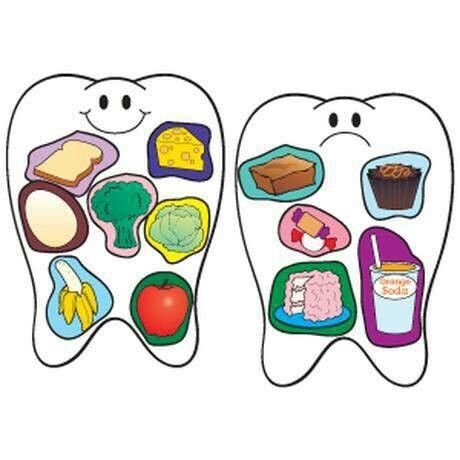Worst Foods For Your Teeth

Tooth decay happens when bacteria invade your mouth to feed on sugars, leaving your teeth with cavities. Decay starts to occur as soon as the bacteria metabolize sugars, leading to increased acidity. The acidic medium gradually dissolves the tooth’s enamel, causing tiny holes that slowly grow into cavities. Poor oral hygiene and having foods high in simple sugars are some key factors contributing to tooth decay and plague. Limiting and/or avoiding some foods and brushing/flossing daily can help prevent cavities.
Although you might not know this, poor oral health can have a significant impact on your social, physical, and mental wellbeing. In addition to tooth cavities, the bacteria buildup causes bad breath, oral infections and pains, and tooth loss. These will affect how well you:
- Socialize
- Speak
- Eat Outlined below are some of the foods you might want to avoid for better oral health.
Candies and Sweets Candies and sweets are the worst culprits for tooth decay and poor oral health.
Lollipops, caramels, jelly beans, and hard candies contain concentrated sugars that take longer in the mouth and are harder to wash down naturally. You’d have to produce lots of salivae to wash these sugars away, a reason they linger on for longer. These thus create the perfect breeding ground for bacteria. Other desserts, including cookies, cakes, and pies, contain lots of simple sugars that have a similar effect as well. That said, it would be advisable to avoid most of these deserts and only eat sweets that dissolve quickly if you have to. Consider having these deserts after the main meal, then brush your teeth afterward.
Soft Drinks Sugar-free or not, soft drinks contain lots of acid masked in a ‘nice’ flavor.
These acids cause and even accelerate dental cavities and erosion, a reason you might want to steer clear of them. Avoid brushing your teeth immediately after having these soft drinks as well. Your teeth are most vulnerable moments after being exposed to the acids. If possible, rinse down the soft drinks with water or unsweetened tea.
Pickles Vinegar and sugar are key ingredients in the pickling process.
While many know the damaging effects of sugars on teeth, very few know vinegar to have a similar effect. Vinegar is an acid that weakens the tooth’s enamel, hence a culprit for tooth decay.
Wine Red and white wine both contain acids.
In addition to this, red wine is rich in tannins, compounds known to stain teeth and even cause dry mouth. That said, brushing your teeth before enjoying your evening glass of wine would be advisable. The idea is to reduce surfaces (food materials and plaque) that tannins could stick to. For more information on this get in touch with your Private dentist.
Citrus Fruits Citrus fruits (limes, lemons, oranges, tangerines, etc.)
Contain essential nutrients and vitamins required for good health and growth. They however also contain acids (citric acid) that leave your teeth vulnerable to erosion. Grapefruit and limes are pfoarticularly acidic, a reason you should be careful when having these. Experts recommend using a straw when drinking fresh juice from citrus fruits to minimize exposure.
Crackers are exceptionally high in processed carbohydrates.
These types of carbohydrates have been linked to increased body inflammation, the leading cause of chronic conditions, including gingivitis and periodontitis. You might thus want to go slow on these or avoid them altogether.
Sports Beverages Sports beverages
Though touted to be healthy, are rich in concentrated carbohydrates in a viscous liquid. Some of these sweetened beverages are acidic, exposing your teeth to acids. Consider drinking pure water if looking to refuel after a workout or a day on the track.




